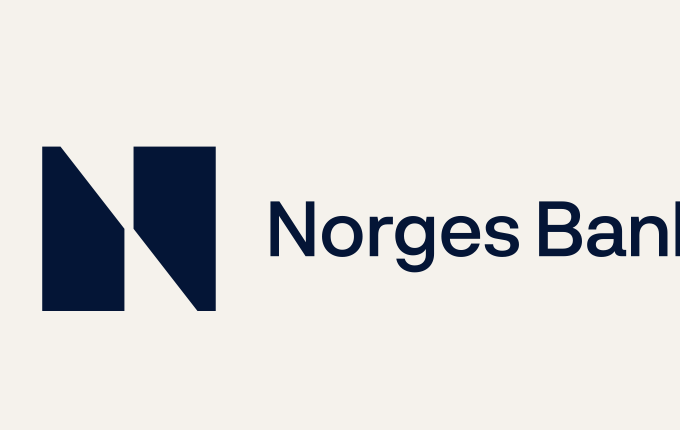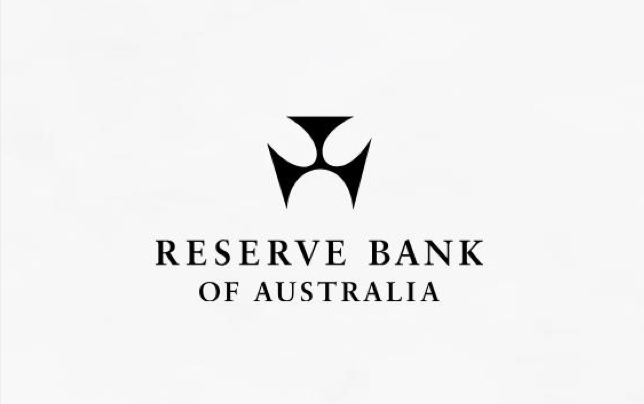
MarketInvoice, the UK invoice finance platform, raises another £7.2M
By Steve O’Hear for Techcrunch.com
MarketInvoice, which plays in the peer-to-peer lending space by enabling U.K. businesses to raise money from institutional investors and high net worth individuals by ‘selling’ outstanding invoices, has raised a further £7.2 million.
The round is led by MCI Capital, a listed Polish private equity group, via its MCI.TechVentures Fund. Existing backer Northzone also participated, while the new funding brings total investment in MarketInvoice to just over £18 million.
MarketInvoice says the additional capital will be used to consolidate its claimed position as the leader in invoice financing in the U.K., and for product development.
It’s also talking up two new hires, adding to its 100-strong team based in London’s Shoreditch. Lisa Gervis (formerly of Sequoia-backed Elevate Credit and American Express) has joined as Chief Marketing Officer, and Rupert Thorp (formerly of Experian and Sky IQ) is the startup’s new Director of Sales.
MarketInvoice’s invoice finance offering works as follows: invoice buyers — such as hedge funds, asset managers, family Offices, and high net worth individuals — bid in a real-time auction to determine how much of an invoice’s value they will provide as capital, minus their cut. MarketInvoice itself then makes money by taking a small cut too.
The overall premise of MarketInvoice is to enable businesses (SMEs to larger companies) free up money owed before an outstanding invoice is paid, thus providing much-needed liquidity. In turn, it gives investors a new asset class. Invoice finance and other forms of P2P lending play into a narrative that has seen banks reluctant to lend to small and medium-sized businesses and interest rates at a historic low.
To that end, in August 2013 the British government stepped in via its British Business Bank initiative to invest £5 million through MarketInvoice’s platform (in addition to other P2P lenders), as part of a wider bid to pump liquidity into an otherwise stagnant credit market for SMEs.




